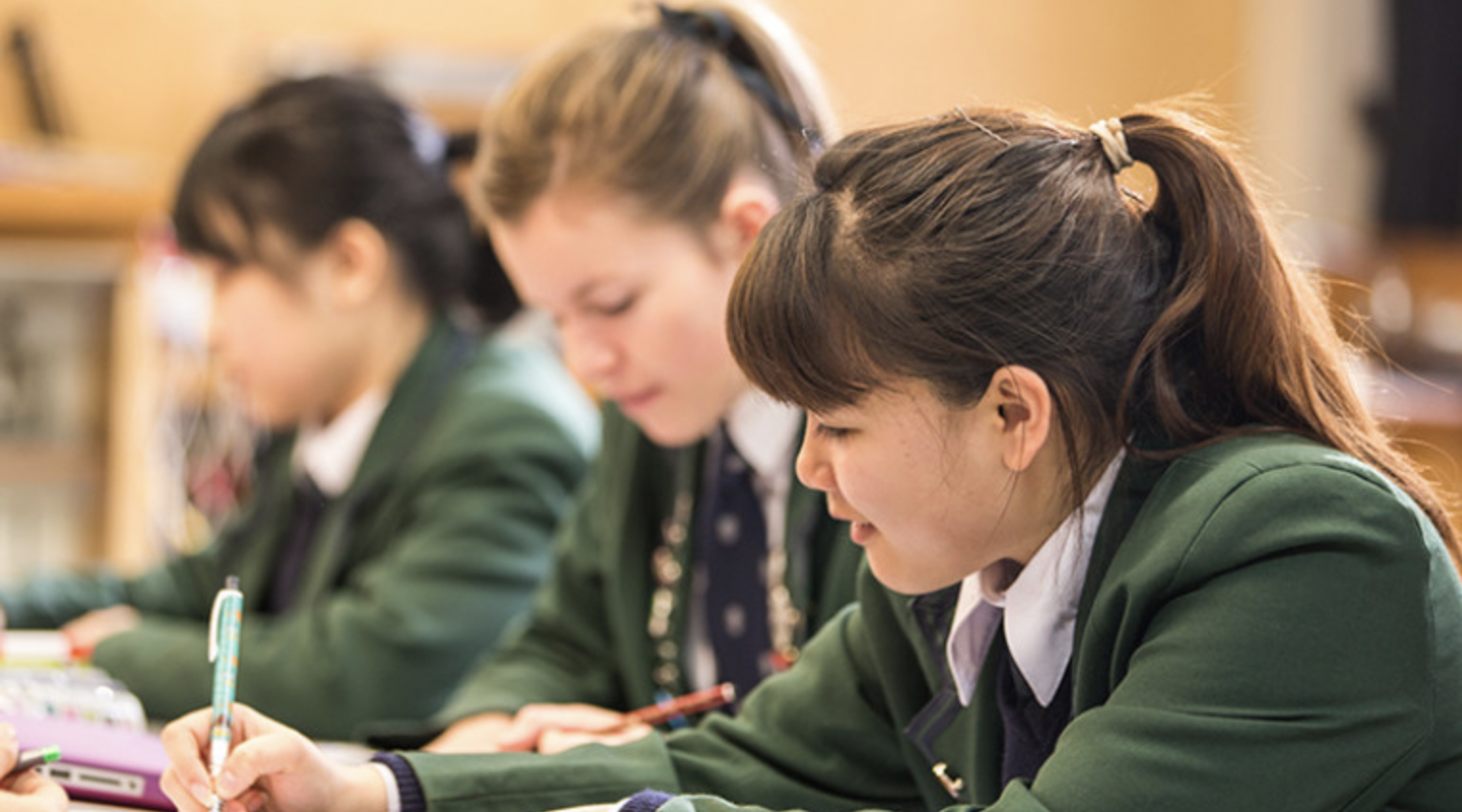As an education powerhouse, New Zealand has different types of schools to provide education for students with different needs. The types of schools in New Zealand generally include: state-founded schools, private schools, state-integrated schools and so on. Let’s take a look at these different types of schools in New Zealand together.
-
State-founded Schools
In New Zealand, state-founded schools, or public schools are still the mainstream, mainly funded by the government and managed by the New Zealand Ministry of Education. New Zealand’s public schools provide free education for local students, and the quality of teaching is also good, so they have become the first choice of many parents. Although there is no tuition fee, each family needs to pay a donation of $100-200 per year.
-
Independent Schools / Private Schools
Private schools are generally managed by a dedicated school independent board of directors. Due to the large amount of funds, most of these schools are equipped with excellent teaching facilities, have also achieved good teaching quality, and the management is relatively strict, and many additional courses will be offered. Private schools can receive very little money from the government, so students who are studying in New Zealand need to pay expensive tuition fees whether they are residents of New Zealand or not. For New Zealand immigrants, considering religious issues, most will not choose church schools, only public and private schools will be considered. However, there is a huge disparity in tuition fees between public and private schools, and the annual tuition fees of private schools may be as high as tens of thousands of New Zealand dollars.
-
State-Integrated Schools
State-integrated schools are actually church schools. Most of them were private schools in the past and were later taken over by the government. However, religious traditions are still partially preserved. Church schools are in fact semi-public and semi-private in nature. Although they can receive some subsidies from the New Zealand government, the land and buildings may also be private property, so tuition fees are required. But compared to private schools, tuition fees are still much lower. Objectively speaking, the teaching level of New Zealand church schools is generally high-quality, the tuition is moderate, and it is very good for children to understand religious culture and even the entire Western culture. This is also conducive to the early integration of immigrant children into New Zealand life.
-
Other types of schools
– Designated Character Schools: This kind of schools are public schools, but they can set their teaching content according to their own teaching goals, usually with their own religious beliefs.
– The Correspondence School: The Correspondence School provides distance teaching and accepts students from preschool to 13th grade.
– Regional Health Schools: They are schools prepared for students who are sick or disabled and cannot go to school normally. This kind of school allows students to receive education in the process of rehabilitation. Teachers of Regional Health Schools will teach in hospitals or students’ homes according to different situations.
– Special schools: Special Schools are schools set up for special groups (usually children with mental retardation or misbehaving).
– Single-sex schools: A single-sex school a school that only enrolls boys or a school that only enrolls girls. About 25% of students in New Zealand study in single-sex schools. Co-educational schools are one of the school traditions of Commonwealth countries. Such schools usually have better academic performance.
As you can see, different kinds of schools in New Zealand are suitable for students in different needs. Hence, while choosing a school, you can choose the most suitable school according to your actual situation. To know more schools in New Zealand, you can use School Finder to quickly get a list of New Zealand schools and the school details.
